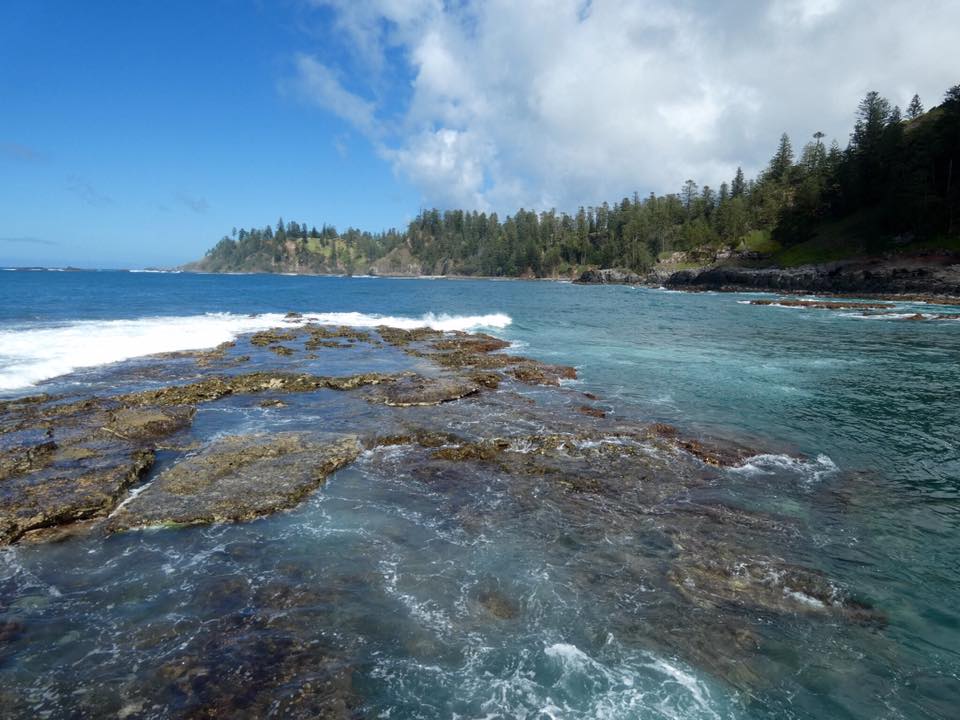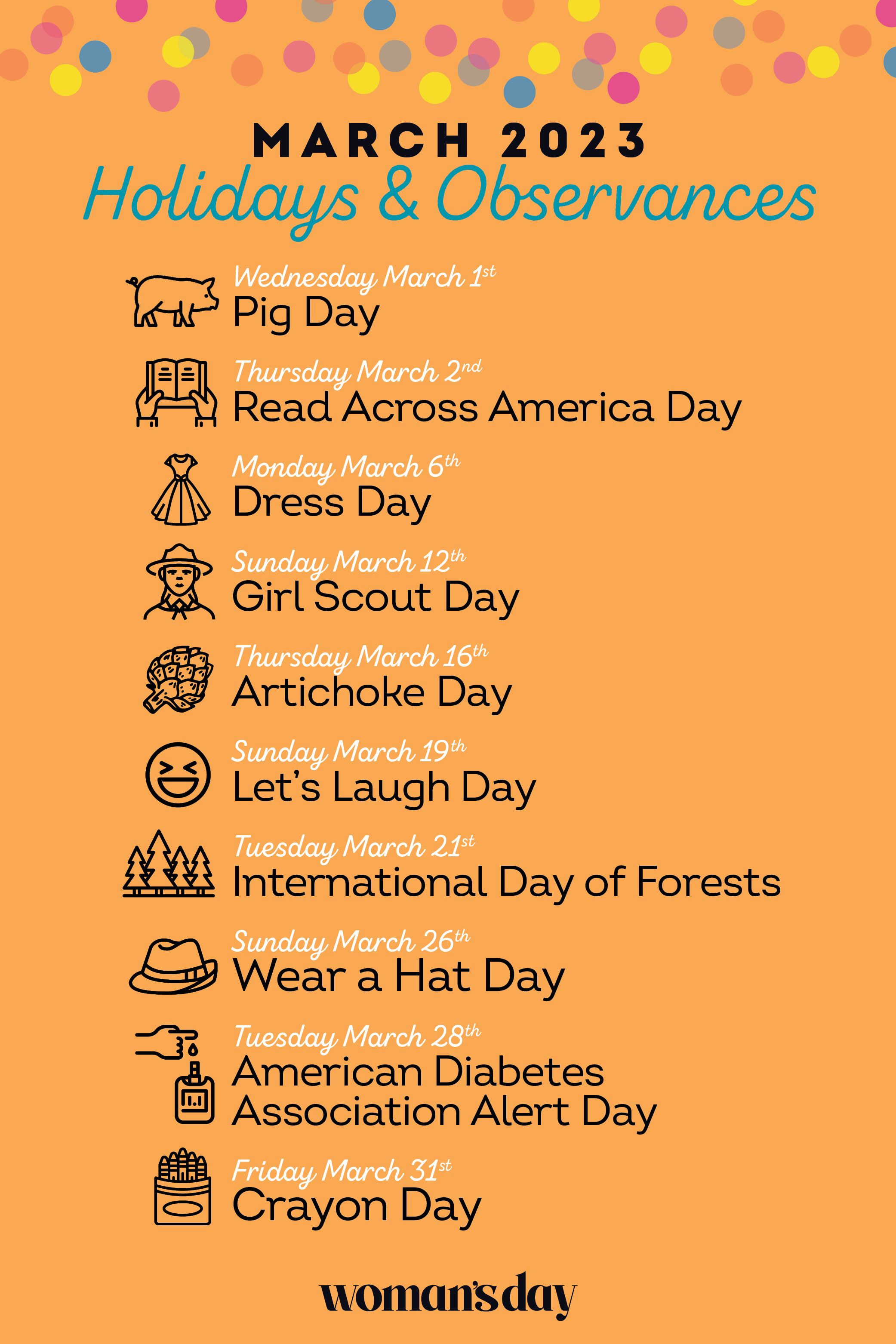How to Get a US Visa for Volunteer Work: Step-by-Step Guide
Embarking on a journey to volunteer in the United States is an admirable pursuit that not only benefits communities in need but also enriches the volunteer’s own life experiences. Navigating the visa process for such an endeavor can seem daunting at first, but with a thorough comprehension of the steps involved, individuals can effectively secure the necessary documentation to fulfill their altruistic ambitions.
Understanding Visa Categories for Volunteer Work
Before proceeding, it’s paramount to understand the types of visas suitable for volunteering activities. The most commonly utilized visa categories include the B-1 Business Visitor Visa and the J-1 Exchange Visitor Visa. The B-1 visa applies to those engaging in unpaid volunteer work with non-profit organizations, while the J-1 visa is typically employed for structured programs that promote cultural exchange, including internships and training in various fields.
Determining which visa category best suits your volunteering intentions is the first step; thus, carefully evaluating the nature of your volunteer work and the organization involved is essential. Ensure that the organization qualifies under the guidelines set by the U.S. Department of State. This delineation is crucial since the eligibility and requirements for each visa category differ significantly.
Researching the Hosting Organization
Once you’ve established the visa category, delve into detailed research about the hosting organization. It’s important to ascertain its legitimacy and ensure that it has a track record of successfully sponsoring international volunteers. Look for reviews, testimonials, and possibly reach out to past volunteers for their insights. A reputable organization not only lends credibility to your application but also significantly enhances your potential experience.
Gathering Necessary Documents
The document collection phase can be meticulous but is critical for a successful visa application. Essential documents typically include:
- A valid passport with a remaining validity of at least six months beyond your intended stay.
- A completed Form DS-160, the Online Nonimmigrant Visa Application.
- Confirmation of your visa appointment.
- Payment receipt of the visa application fee.
- Documentation from your hosting organization outlining your volunteer role and the duration of your stay.
- Evidence of ties to your home country, demonstrating your intent to return after your volunteer experience.
- Any additional documents required specifically for your visa category.
Each piece of documentation must be meticulously prepared, as any discrepancies or missing information can lead to delays or denials.
Submitting Your Visa Application
The submission of your visa application serves as a pivotal moment in this process. After completing Form DS-160, you will need to schedule an appointment at the nearest U.S. embassy or consulate. The timing can vary, ranging from weeks to months, so early scheduling is advisable. During your appointment, present your collected documents neatly organized to streamline the interview process.
Be prepared for questions regarding your volunteer work, financial means, and intent to return home. Keen awareness of the organization’s mission and the specifics of your role will bolster your credibility. Convincingly articulating your motivations for volunteering can significantly enhance your application.
Awaiting the Decision
After your interview, the waiting game begins. Processing times for visa applications can vary widely based on the embassy or consulate’s workload and your individual circumstances. Remain patient, as rushing into inquiries during this period may not yield favorable outcomes. Once you receive the decision, it’s important to review the visa’s terms and conditions thoroughly.
Making the Most of Your Volunteer Experience
Upon successful acquisition of your visa, the next chapter begins—participating in your volunteer work. This venture will likely be filled with learning, cultural exchanges, and community engagement. Stay proactive in your role and willing to adapt, as challenges will inevitably arise. Beyond the tasks at hand, the relationships you build and the skills you acquire will contribute profoundly to your personal and professional growth.
In conclusion, the path to securing a visa for volunteer work in the U.S. comprises multiple steps that require diligence, thorough research, and careful documentation. However, the opportunity to contribute positively to communities while fostering your own development is a rewarding endeavor that makes the effort worthwhile.
You May Also Like
Best Fish to Catch in Australia: A Guide for Anglers
Australia boasts an extraordinary diversity of fish species, making it …
Emily Bay Norfolk Island: A Hidden Gem in the Pacific
Emily Bay, a picturesque enclave nestled on the sun-kissed shores of …
Holidays on August 23: Global Festivities & Observances
August 23 is a date that carries a bouquet of cultural significance …





